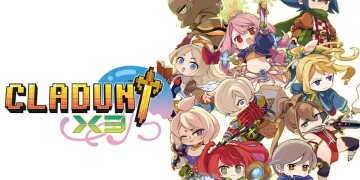Earlier today, the US Copyright Office made a significant announcement: they’ve decided not to grant a new exemption under the Digital Millennium Copyright Act (DMCA) aimed at preserving video games. This decision comes in the wake of a petition that has been in the works for three years. The petition, orchestrated by the Software Preservation Network with backing from The Video Game History Foundation, aimed to allow libraries to provide remote access to out-of-print video games for academic purposes. This proposal wasn’t just a shot in the dark—it was supported by a comprehensive study from the Video Game History Foundation. Their research highlighted a startling fact: only 13% of games released in the US prior to 2010 are still available in any form. Moreover, companies involved in the reissue business vouched for the initiative, suggesting that it wouldn’t harm the market but might actually kindle greater interest in classic games.
However, not everyone was on board. The proposal faced opposition from the Entertainment Software Association, which argued that such an exemption could undermine the market for reissuing old games. This stance was called into question by companies like Limited Run Games and Antstream Arcade, who believed otherwise. The opponents also claimed that the unavailability of the remaining 87% of games was a result of strategic marketing choices. Contradicting this, the study pointed out that the issue was more frequently tied to complex licensing and rights challenges inherent in the video game sector—problems that aren’t easily rectified.
Interestingly, while these restrictions loom over video games, other forms of media, including non-video game software, don’t face the same hurdles. This begs the question of how exactly we define a video game in legal terms within this context.
If you’re interested in the detailed response from the Video Game History Foundation following this decision, you can find their full statement here.















































